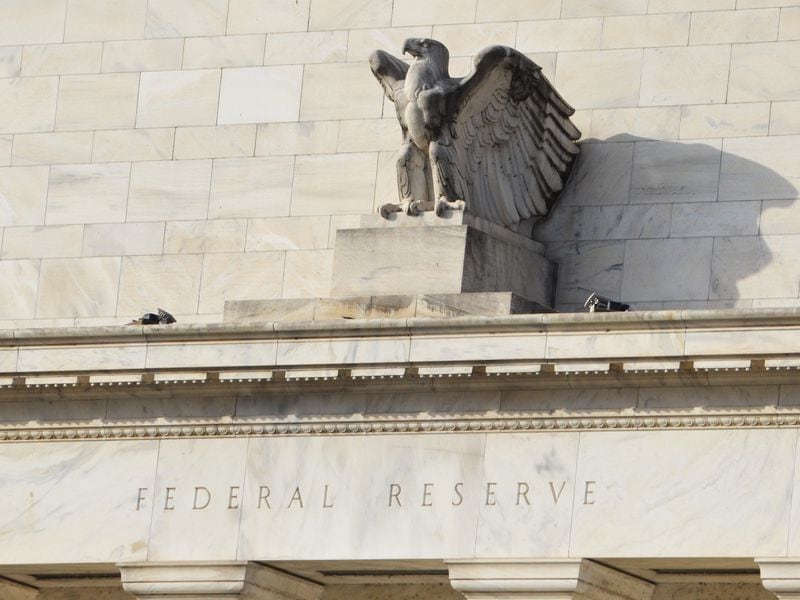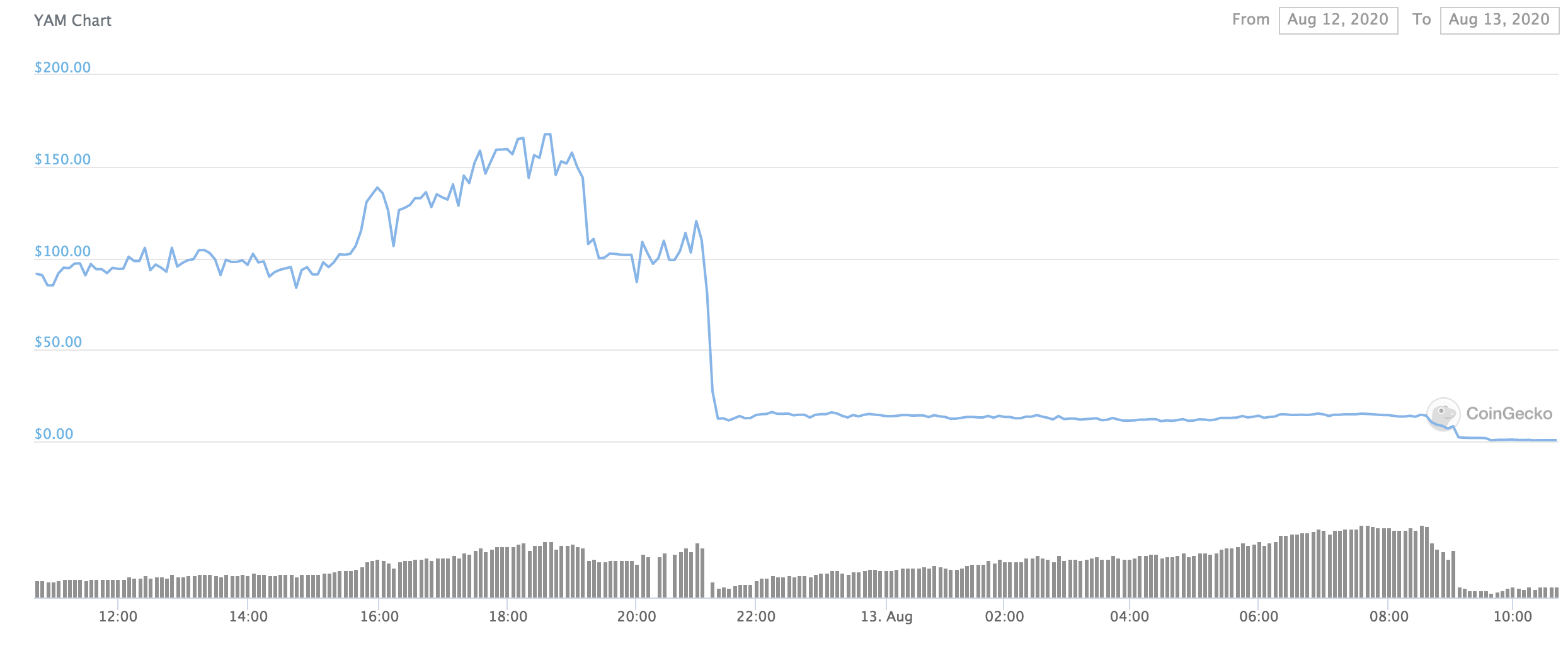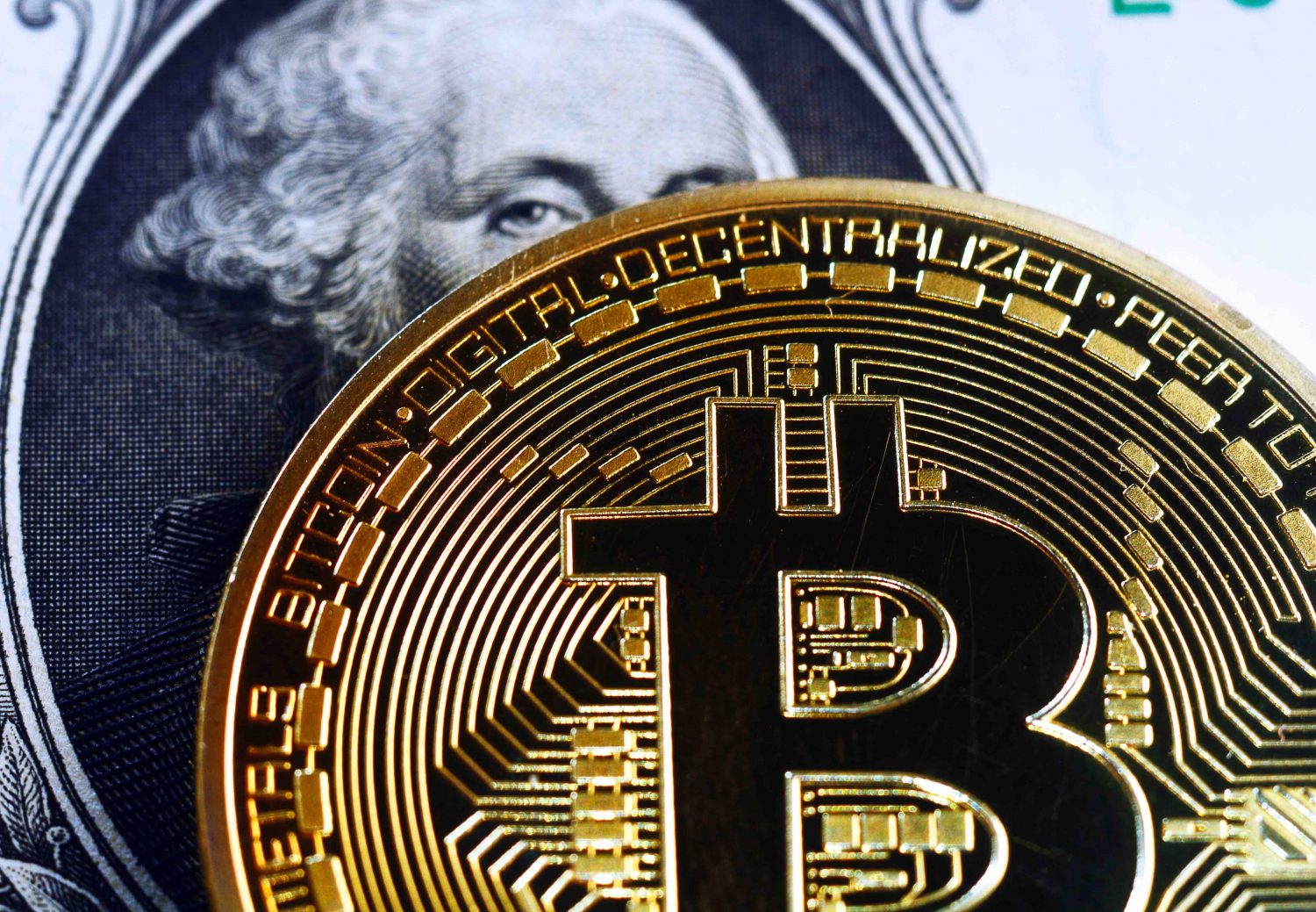What Hindenburg Research’s Takedown of Block Says About Money and Crime
Join the most important conversation in crypto and Web3 taking place in Austin, Texas, April 26-28.
:format(jpg)/www.coindesk.com/resizer/Xsj8Ri2RTmNmhT1RBWW6D6WHryE=/arc-photo-coindesk/arc2-prod/public/MW2CPFVJ2FHJZPMKSZJARX22RU.jpg)
David Z. Morris is CoinDesk’s Chief Insights Columnist. He holds Bitcoin, Ethereum, and small amounts of other crypto assets.
Join the most important conversation in crypto and Web3 taking place in Austin, Texas, April 26-28.
On March 23, Hindenburg Research released a lengthy research report alleging in part that the Cash App payments tool created by Jack Dorsey’s Block (SQ), formerly Square, has been rampantly abused by criminals, and that Block hasn’t taken sufficient steps to halt that activity.
Hindenburg is a fairly new but widely respected research-based short seller that has successfully exposed fraud at companies such as Nikola (NKLA). Observers have so far found Block’s rebuttals of the report unconvincing, and even evasive. The allegations are serious for Block and the fintech sector and deserve attention from the crypto industry, too. Cash App is a significant bitcoin on-ramp, for one thing, and so there are potentially direct impacts.
This article is excerpted from The Node, CoinDesk’s daily roundup of the most pivotal stories in blockchain and crypto news. You can subscribe to get the full newsletter here.
But more deeply, the (unsurprising) discovery that Cash App has been a vector for criminal transactions and identity fraud helps cast enduring criticisms of cryptocurrency in a more nuanced light.
On the most superficial level, it’s an opportunity for some satisfying but low-IQ whataboutism. As Sen. Elizabeth Warren (D-Mass.) moves to assemble her anti-crypto army, is she equally concerned about fraud and crime facilitated by traditional financial services? The bank Credit Suisse (CS) not only just blew up because of its risk-loving ways, but also because it facilitated “torture, drug trafficking, money laundering, corruption and other serious crimes,” according to accusations.
These are fun points to make. But as I said, whataboutism is an entry-level critique for crypto advocates. Malfeasance somewhere else doesn’t excuse it in your own backyard.
Instead, the Block allegations, like the persistent endemic corruption at major banks, should invite deeper consideration of the relationship between money, control and profit. Cryptocurrency reshapes that trilemma.
Cash App, like most banks and corporate-owned payments processors, has accepted substantial responsibility for policing its customers in exchange for the right to generate a profit from processing payments.
The Hindenburg allegations drive home the deep conflict of interest inherent to this dynamic. Whether or not it was a conscious, deliberate strategy on the part of Cash App, using the app for illicit transactions did, in whatever small way, feed into its bottom line. This is even more obvious and direct when banks cater to criminal customers.
A more generous take would be that it’s unreasonable to expect even the most pure-hearted payments operator to block all criminal activity. They are dealing with millions of customers, and those looking to evade control systems will always find loopholes.
Even in its attempts to blunt Hindenburg’s allegations, the best Block can do is say that only 3% of activity on Cash App is from unverified users – that is, those whose real-world identity is unclear. While not quite an index of criminal activity, that ratio is vastly higher than the sub-1% proportion of criminal activity on public blockchains, according to Chainalysis.
Neither of these is a good thing. But blockchains have at least two major advantages in the discussion of financial enforcement. The first, and most immediately important, is transparency. Most public blockchains retain records of all transactions, and sleuths can often follow the trail to the really bad guys.
Both banks and corporate rails like Cash App are relatively opaque by comparison, their workings accessible only to law enforcement and regulators backed by state power – if then. That makes it much more likely that enforcement will be a game of selective whack-a-mole, with politics potentially affecting who gets bopped first and hardest.
Crypto offers a framework that removes both selective censorship and the profit motive from financial infrastructure, cutting the Gordian knot of politicized payments. Bitcoin miners don’t have the individual power to block payments on the network. That puts responsibility for controlling what people do with their money back in the hands of law enforcement where it belongs.
See also: David Z. Morris – In Defense of Crime | Opinion
It’s unsurprising that authorities aren’t fans of this increased responsibility, preferring to have convenient middlemen to lean on. A more mature society would acknowledge that in a capitalist and digital age, open access to digital payments is a human right on par with free speech. So far, that argument has held the most sway when it benefits the already wealthy and powerful.
Our civilization has faced struggles in reshaping itself around freedom of speech since the concept arose alongside the printing press, but there’s little doubt we’re stronger and happier for it. With time, freedom of payments will prove itself just as empowering for us all.
Edited by Daniel Kuhn.
Learn more about Consensus 2023, CoinDesk’s longest-running and most influential event that brings together all sides of crypto, blockchain and Web3. Head to consensus.coindesk.com to register and buy your pass now.

DISCLOSURE
Please note that our
privacy policy,
terms of use,
cookies,
and
do not sell my personal information
has been updated
.
The leader in news and information on cryptocurrency, digital assets and the future of money, CoinDesk is a media outlet that strives for the highest journalistic standards and abides by a
strict set of editorial policies.
CoinDesk is an independent operating subsidiary of
Digital Currency Group,
which invests in
cryptocurrencies
and blockchain
startups.
As part of their compensation, certain CoinDesk employees, including editorial employees, may receive exposure to DCG equity in the form of
stock appreciation rights,
which vest over a multi-year period. CoinDesk journalists are not allowed to purchase stock outright in DCG
.
:format(jpg)/www.coindesk.com/resizer/Xsj8Ri2RTmNmhT1RBWW6D6WHryE=/arc-photo-coindesk/arc2-prod/public/MW2CPFVJ2FHJZPMKSZJARX22RU.jpg)
David Z. Morris is CoinDesk’s Chief Insights Columnist. He holds Bitcoin, Ethereum, and small amounts of other crypto assets.









